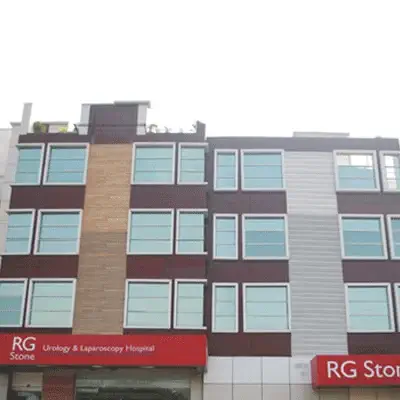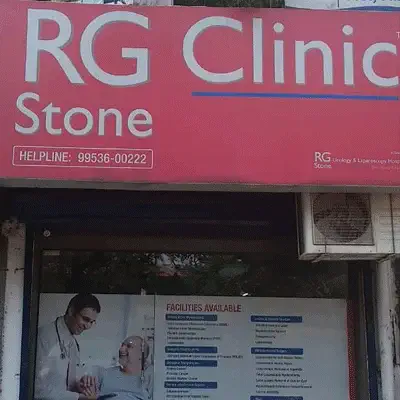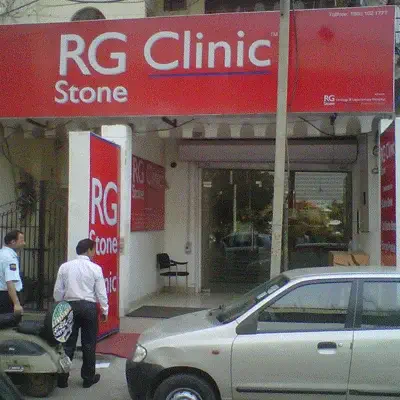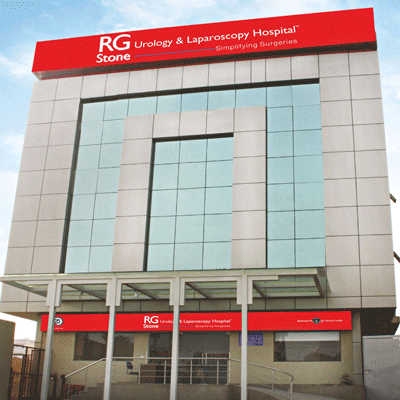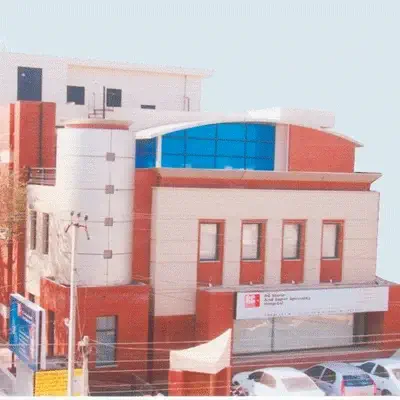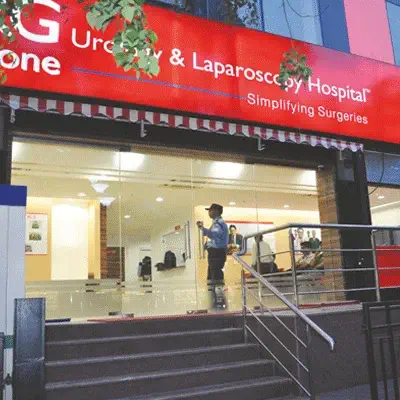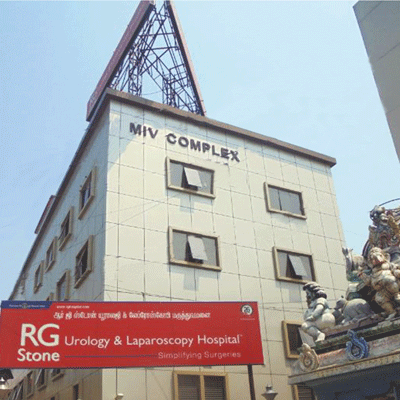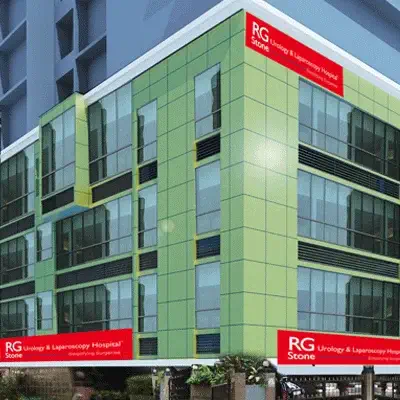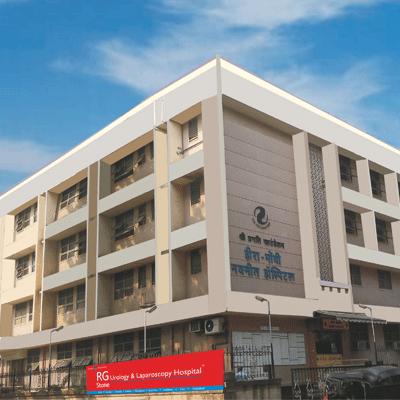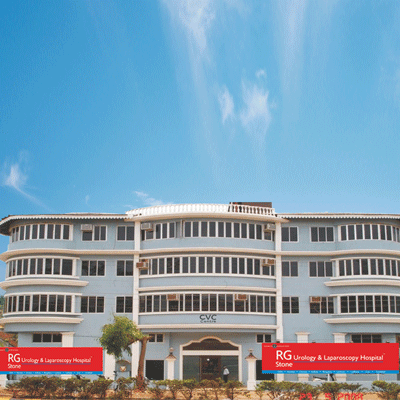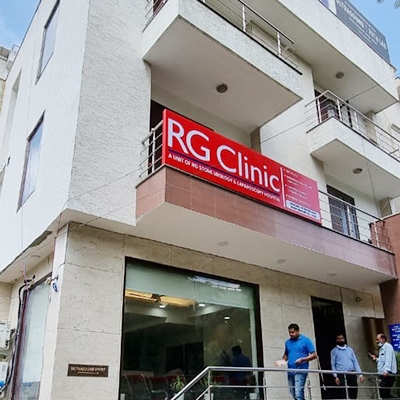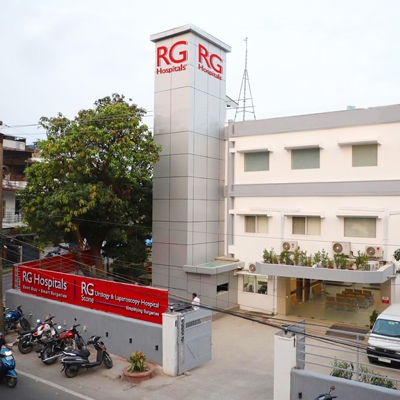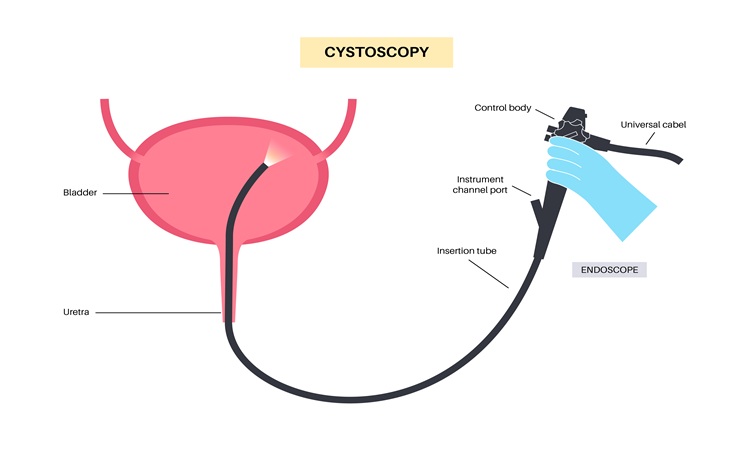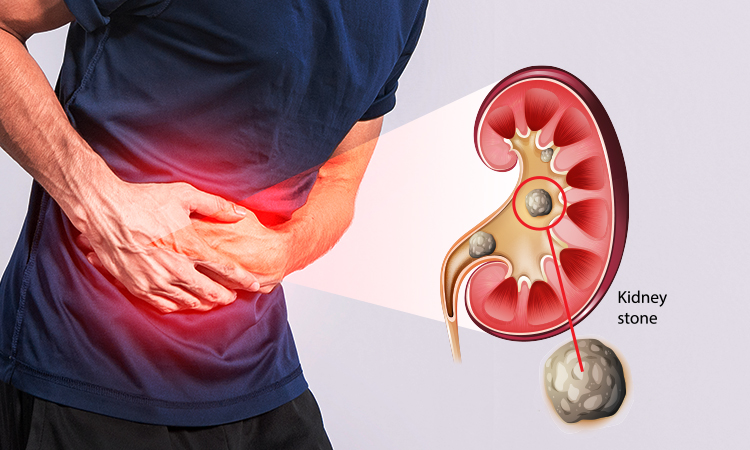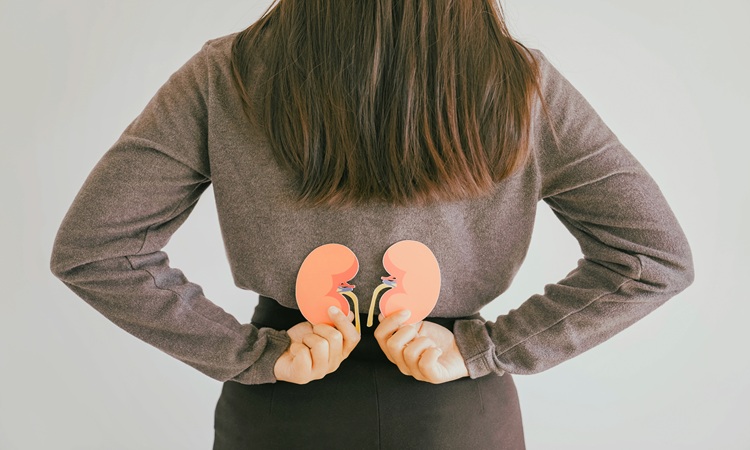Kidney stones are a common urological condition in India, affecting millions and often causing significant discomfort. These hard deposits form in the Kidneys due to various factors, including dehydration, high salt intake, and certain dietary habits. Symptoms typically include severe pain in the back or side, blood in urine, frequent urination, and nausea. Diagnosis usually involves imaging tests like ultrasound or CT scans, along with urine tests to determine stone composition. Treatment options vary based on stone size and location, ranging from increased fluid intake and medication to procedures like shockwave lithotripsy or surgical intervention for larger stones. Awareness and early diagnosis are crucial in managing this condition effectively.
Procedures & Interventions
Ureteroscopy is a minimally invasive procedure where a thin scope is inserted through the urethra and bladder using a laser to break and remove the lower and mid ureteric stones.This allows for the removal or fragmentation of smaller stones, providing effective relief for patients.
Retrograde Intrarenal Surgery (RIRS) is a minimally invasive technique that treats larger stones in upper Ureter and Kidney using laser and a flexible scope.
Percutaneous Nephrolithotomy (PCNL) is a Minimally Invasive Surgical Procedure designed to remove larger Kidney Stones through a small incision in the back. This approach is effective for stones that are too large for other treatments and allows for direct access to the Kidney. PCNL is known for its high success rate and minimal recovery time.
Open surgery for Kidney Stones is rarely performed in modern practice due to advancements in Minimally Invasive Techniques. This method involves making a larger incision to directly access and remove stones from the Kidney. It is typically reserved for complex cases where other treatments have failed or are not feasible.
After treatment, dietary changes can significantly reduce the risk of future Kidney Stones. Increasing fluid intake, reducing salt and oxalate-rich foods, and maintaining a balanced diet are crucial in preventing stone recurrence.
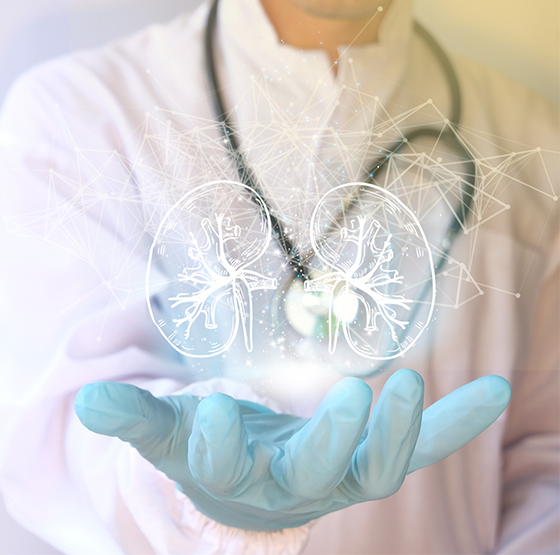
Ureteroscopy is a minimally invasive procedure where a thin scope is inserted through the urethra and bladder using a laser to break and remove the lower and mid ureteric stones.This allows for the removal or fragmentation of smaller stones, providing effective relief for patients.
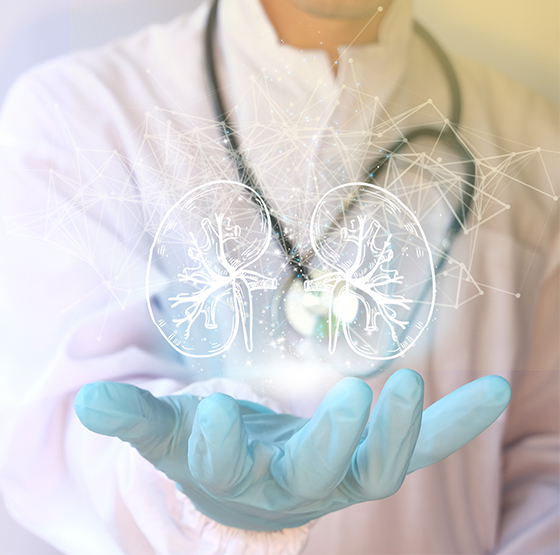
Retrograde Intrarenal Surgery (RIRS) is a minimally invasive technique that treats larger stones in upper Ureter and Kidney using laser and a flexible scope.
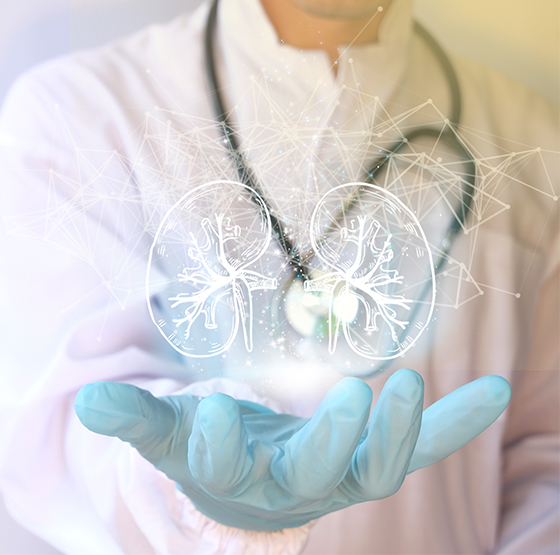
Percutaneous Nephrolithotomy (PCNL) is a Minimally Invasive Surgical Procedure designed to remove larger Kidney Stones through a small incision in the back. This approach is effective for stones that are too large for other treatments and allows for direct access to the Kidney. PCNL is known for its high success rate and minimal recovery time.
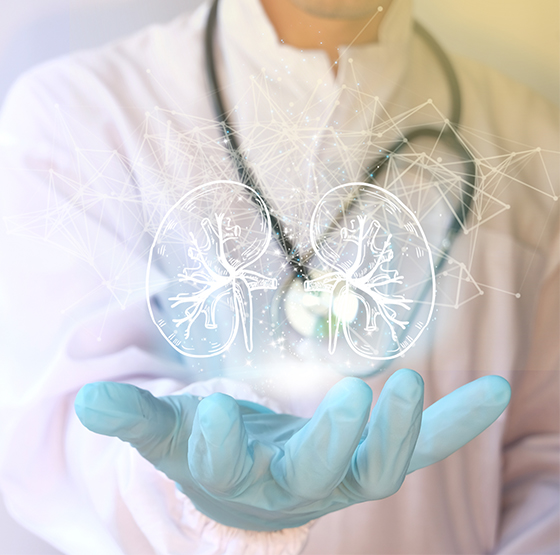
Open surgery for Kidney Stones is rarely performed in modern practice due to advancements in Minimally Invasive Techniques. This method involves making a larger incision to directly access and remove stones from the Kidney. It is typically reserved for complex cases where other treatments have failed or are not feasible.
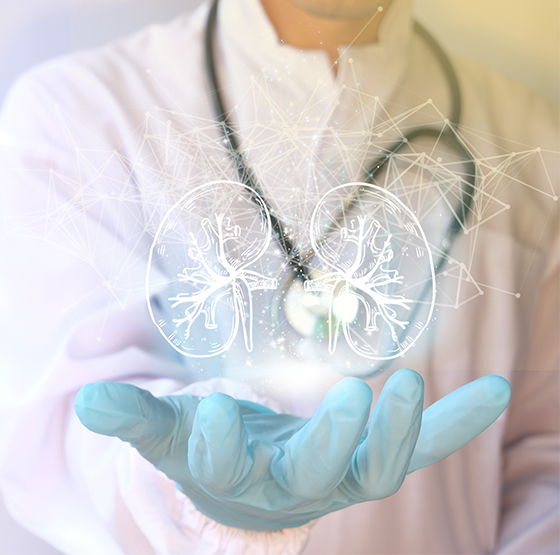
After treatment, dietary changes can significantly reduce the risk of future Kidney Stones. Increasing fluid intake, reducing salt and oxalate-rich foods, and maintaining a balanced diet are crucial in preventing stone recurrence.
Team of Excellence
Behind every recovery story at RG Hospitals is a team of exceptional doctors whose passion for healing and innovation continues to transform healthcare and redefine patient outcomes.
Find a DoctorLooking for an Expert
RG Hospitals is proud to be the home of some of the world's most distinguished doctors.
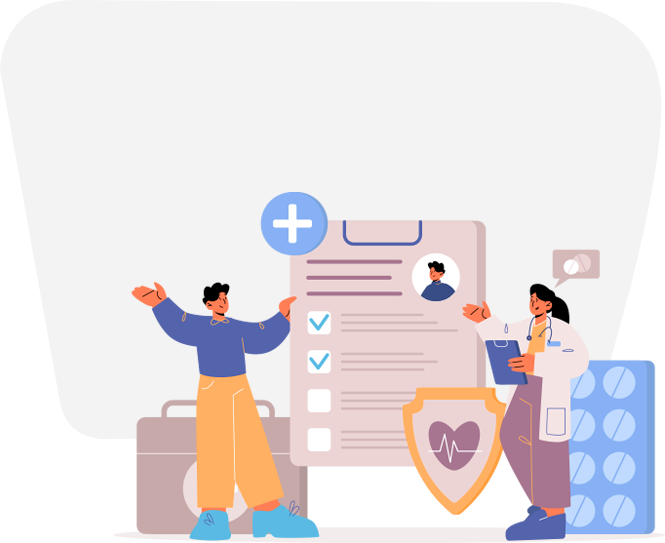
Patient Stories
View AllPatient Testimonial | Commitment To Care
Treated by Dr. Manoj Gupta , RG Stone Hospital, Dehradun
- All Locations
- New Delhi
- Haryana
- Punjab
- Kolkata
- Chennai
- Mumbai
- Goa
- Uttar Pradesh
- Uttarakhand



